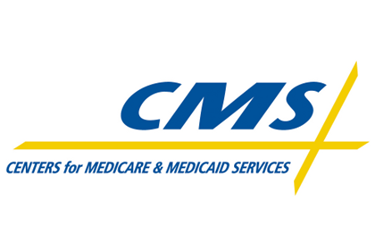Proposed Changes To Sunshine Act Could Mean Added Costs For Device-Makers
By Nick Otto

The Centers for Medicare & Medicaid Services (CMS) recently proposed four changes to the Physician Payment Sunshine Act’s transparency rules that could result in additional costs for medical device manufacturers.
The CMS is seeking industry comment on the proposals that would take effect Jan. 1, 2015, and would impact current data collection for the 2014 calendar year, the law firm King and Spalding says.
The firm says the agency’s proposed changes include:
- Removing the exclusion for payments to physicians for speaking at certain accredited continuing education programs
- Requiring manufacturers to report the marketed name of all product associated with reported payments or transfers of value (if any)
- Separating existing form descriptors used in reporting ownership interests into three distinct form descriptors, including “stock,” “stock options,” and “other ownership interest”
- Removing the definition of “covered device”
King and Spalding continue, noting that the changes could most severely affect the medical device industry, as the proposed changes would require “significant and expensive upgrades to tracking systems to enable such detailed reporting.”
The CMS states the changes are being implemented to correct some of the unintended consequences in the current text and to make the reporting requirements consistent across the board for drug-, biologic-, and device-makers.
King and Spalding believes reporting the names of all products associated with a particular payment is going to be the most burdensome for device-makers, as the pharmaceutical and biologics industries are already required to do so.
Industry should be cautious of falling out of line with the law. In addition to CMS’ auditing powers, Bloomberg points to the additional “hefty penalities” that the CMS is authorized to provide to device-makers that aren’t in compliance.
“For example, a failure to report data in an accurate and timely fashion can lead to CMPs [civil monetary penalties] ranging from $1,000 to $10,000 per transaction, while a knowing failure to report data in an accurate and timely fashion can lead to CMPs ranging from $10,000 to $100,000 per transaction,” James Swann writes in the Bloomberg article.
The CMS in May released its second phase of reporting requirements that took effect last month, requiring device-makers to register, report, and attest to the accuracy of information regarding payment to physicians and teaching hospitals during the last five months of 2013.
The commenting period on the proposals is open until Sept. 2, 2014.
